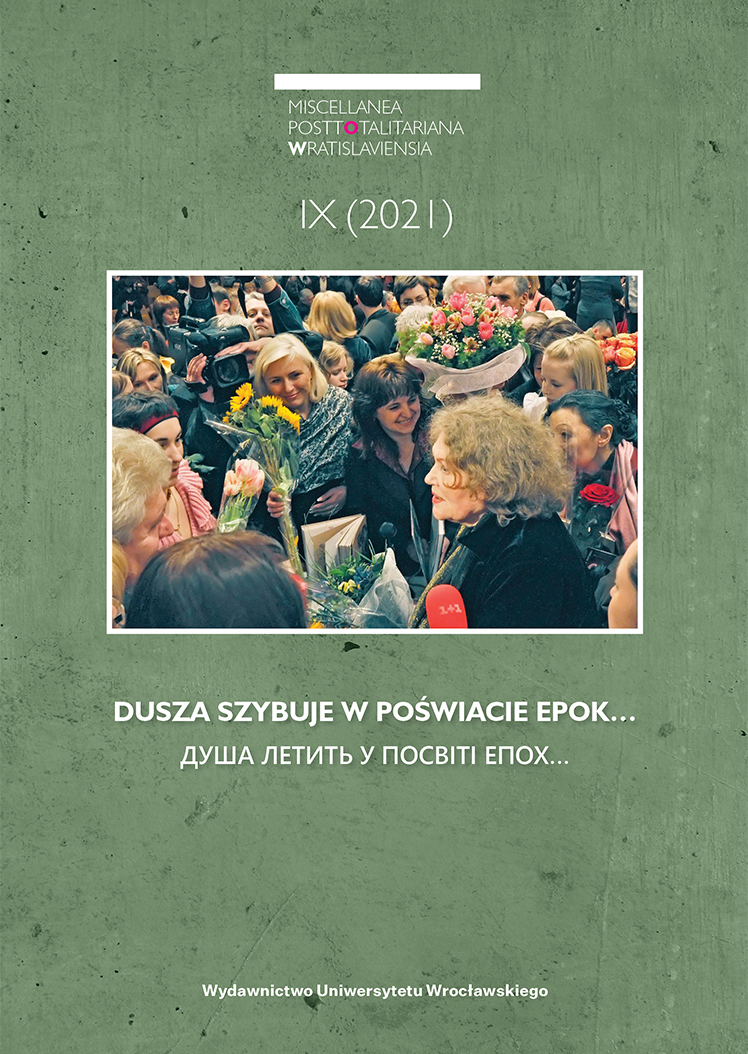

Articles

A short period of time after Khrushchev’s Secret Speech in 1956 was characterized by relative freedom of speech, plurality of cultural approaches and the easing of censorship in Soviet Ukraine. Under these favorable conditions, a new generation of young writers, artists and intellectuals emerged in Ukraine, known as the Generation of the Sixties, or “the Sixtiers.” Despite the fact that they were part of Soviet culture, they gradually formed a kind of cultural opposition to the official culture. Lina Kostenko played a significant role in this process, and some opposition motifs in her works appeared from the very beginning of her career. This study traces the emergence of some of these motifs, which later became the basis of Kostenko’s literary career: anthropocentrism, solidarity among the oppressed and national issues.